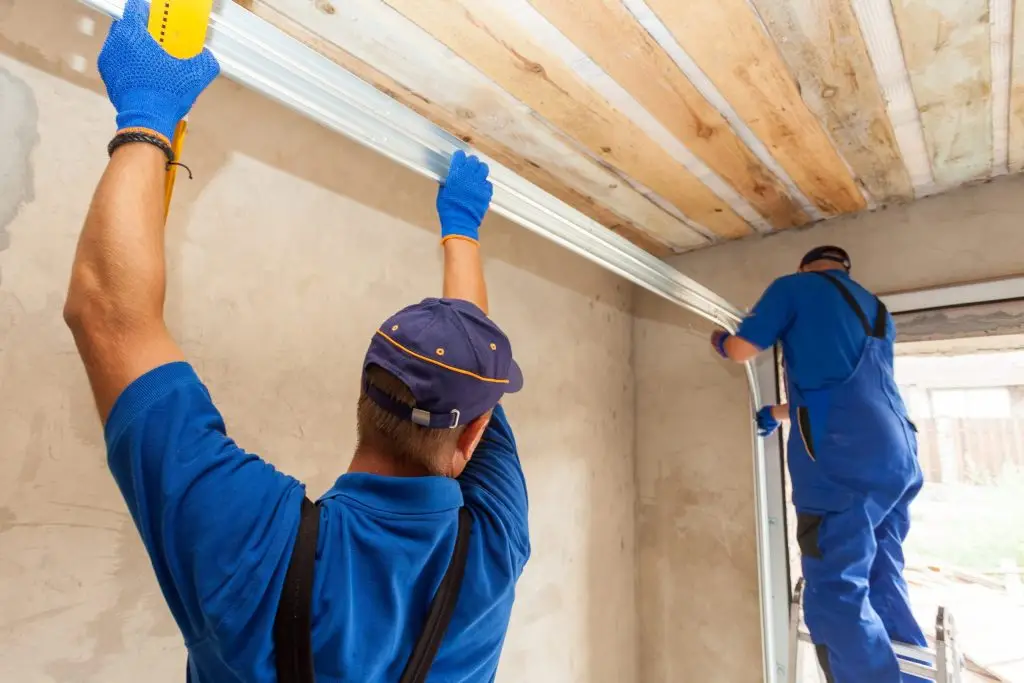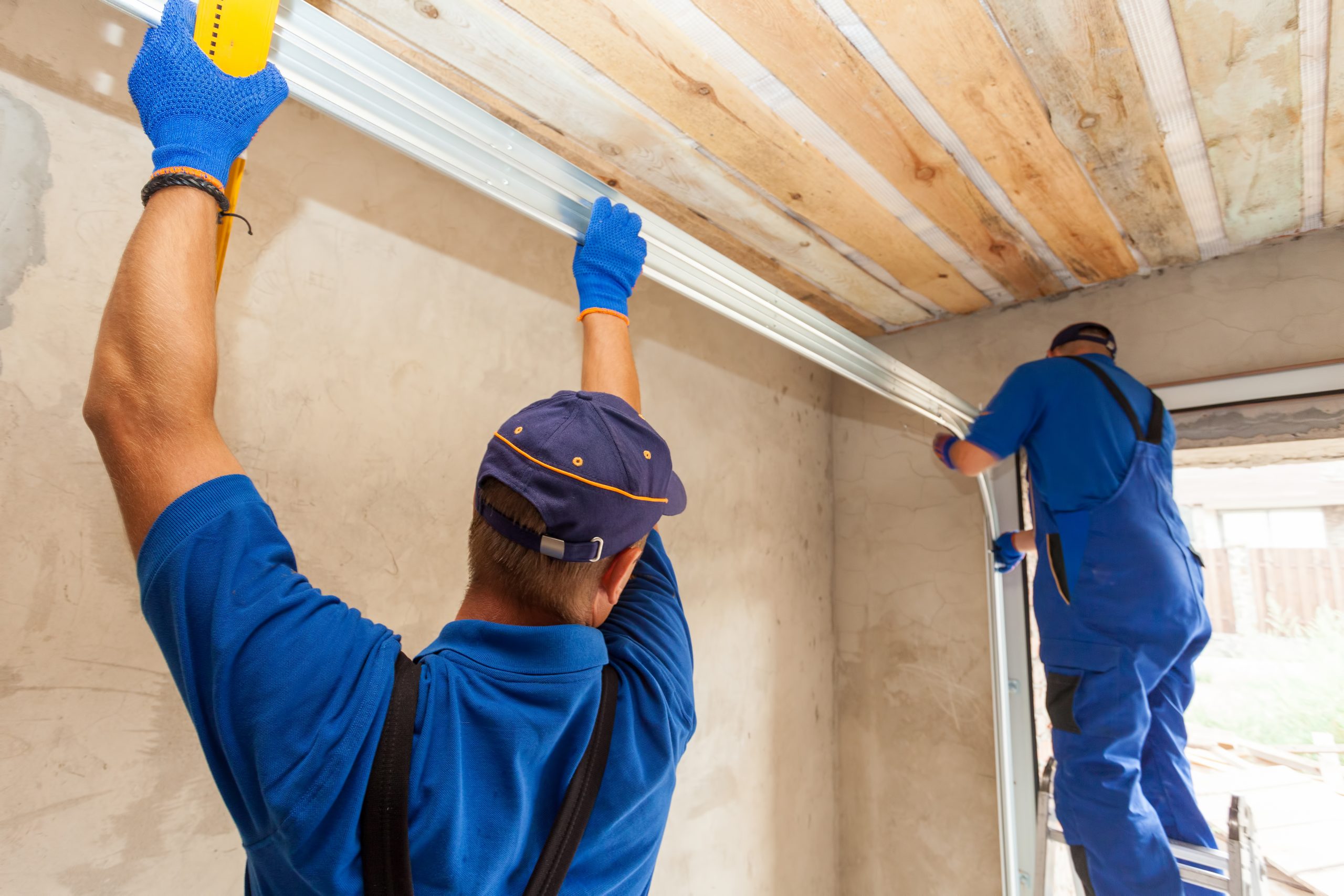Understanding Garage Door Insulation: A Homeowner’s Guide

Understanding Garage Door Insulation: A Homeowner’s Guide
Quick Summary: Garage door insulation enhances energy efficiency, comfort, and protection for your home. Learn about its benefits, types, and key installation considerations.
Maintaining an energy-efficient home means considering all aspects of your structure, including your garage door. While often overlooked, garage door insulation plays an essential role in enhancing overall home comfort and reducing energy bills. Here’s everything homeowners need to know about insulating their garage doors.
What is Garage Door Insulation?
Garage door insulation involves adding a material barrier that reduces thermal transfer. By keeping the indoor garage temperature more consistent, insulation improves overall energy use in your home.
Benefits of Insulating Your Garage Door
- Energy Efficiency: Insulation helps regulate the temperature inside your garage, reducing your heating and cooling costs. This can be particularly beneficial in homes with attached garages.
- Improved Comfort: A well-insulated garage can make a significant difference in added living space. Whether it serves as a workspace or hobby station, maintaining a comfortable environment is key.
- Noise Reduction: Garage door insulation acts as a sound barrier, minimizing external noise from the street or neighborhood.
- Enhanced Durability: Insulation can add to the structural integrity of your garage door. It often becomes more resistant to everyday wear and tear.
Types of Garage Door Insulation
- Polystyrene Panels: These are rigid panels inserted inside the door and provide a decent insulation value—often more economical and easy to install.
- Polyurethane Foam: This insulation is injected between the layers of an existing door. It’s more effective due to its adhesive qualities and higher insulation value.
- Reflective Barriers: Consisting of a reflective foil, these are good for garages in hot climates, as they reflect sunlight and heat.
Installation Considerations
Installing garage door insulation can either be a DIY project or handled by professionals. If you opt to go the DIY route, be sure to measure your door panels properly and use safety equipment. For those who would prefer expert help, professional garage door insulation services can ensure quality installation tailored to your specific door type.
When to Call Professionals
For newer homeowners or for those who aren’t comfortable with tools, hiring professionals can ensure insulation is done correctly. This can also be a more viable option if you’re considering other services like emergency garage service or are thinking about adding an opener installation for added convenience.
Conclusion
Investing in garage door insulation is a smart move toward a more energy-efficient and comfortable home. By understanding different insulation types and benefits, you can make informed decisions that enhance your garage’s utility and your home’s overall efficiency. Explore professional options or dive into a DIY project to start reaping these benefits today.

Ready to improve your garage’s comfort and efficiency? Call us today at (888) 794-6420 to resolve any garage door issue or schedule your insulation service!

